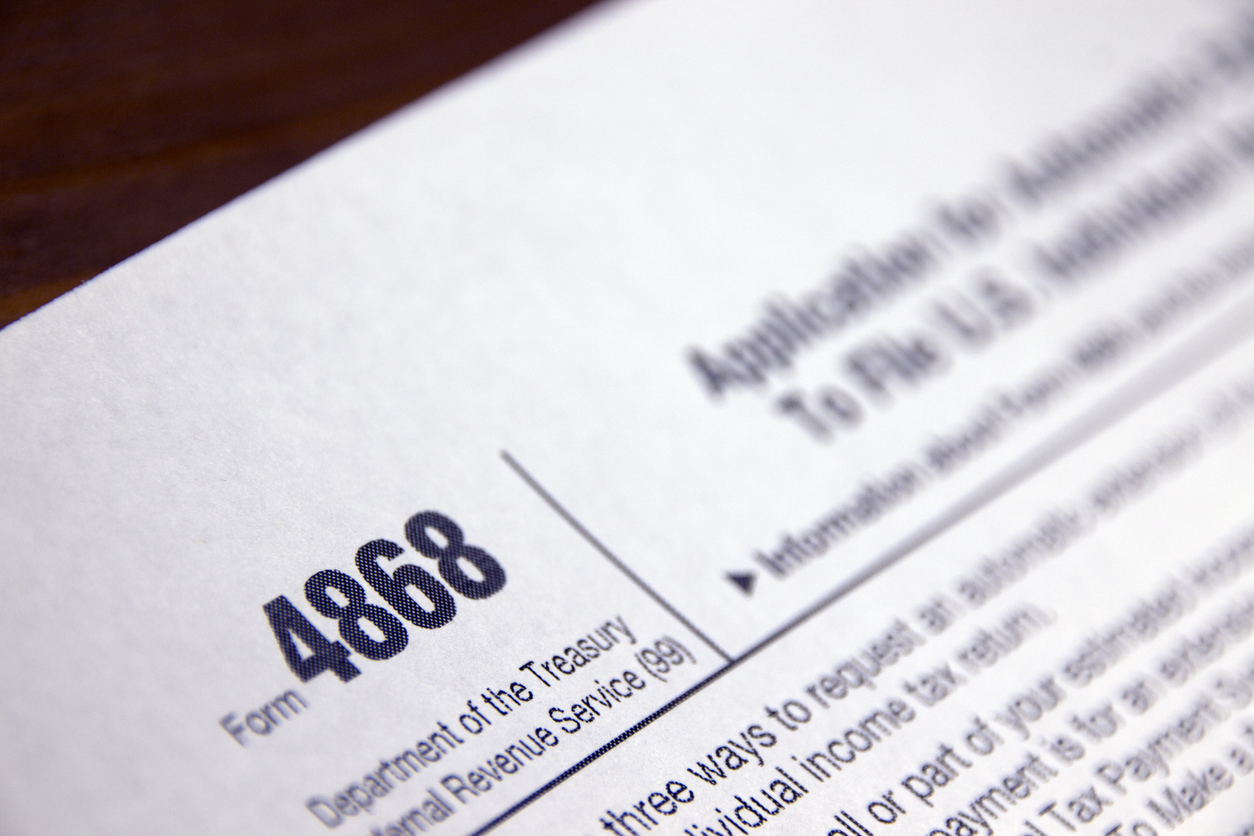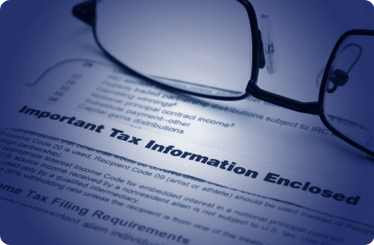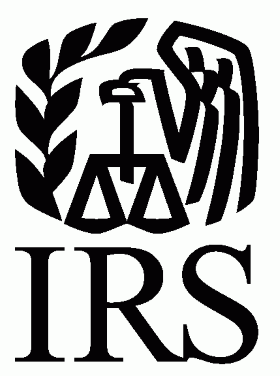The American Institute of Certified Public Accountants recently asked Congress to extend the Paycheck Protection Program’s March 31 application deadline at least 60 days. Additionally, the AICPA also asked the IRS and the Department of the Treasury to extend the April 15 tax filing and payment deadline to June 15.
New 1099-NEC Form For Nonemployee Compensation
Zinner & Co. Tax Team Taxes - Planning, Rules and Returns , Taxes - Individual , tax , taxes , income tax , tax avoidanceThe PATH Act accelerated the due date for filing Form 1099 that includes nonemployee compensation (NEC) from February 28 to January 31 and eliminated the automatic 30-day extension for forms that include NEC. Starting with tax year 2020, taxpayers should use Form 1099-NEC to report nonemployee compensation.
Form 1099-NEC replaces the use of box 7 on Form 1099-MISC from previous years. Other uses of 1099-MISC have not changed and will continue to be used for common payments such as rent and payments to an attorney.
Don't Panic if You Received a Tax Notice from the IRS or State of Ohio
Zinner & Co. Tax Team Taxes - Corporate & Business , Taxes - Planning, Rules and Returns , tax , taxes , IRSOver the past few weeks, we have received dozens of calls from clients, who have received tax notices from both the Internal Revenue Service and the State of Ohio.
Ohio Sets Sales Tax Holiday For Aug. 7
Zinner & Co. Tax Team Taxes - Planning, Rules and Returns , taxThe pandemic is not stopping Ohio’s observation of its annual sales tax holiday.
The event kicks off on midnight on Aug. 7 and lasts until Aug. 9 at 11:59 p.m.
During the “holiday,” the following items are exempt from sales and use tax:
IRS Clarifies 90-Day Payment Relief
Zinner & Co. Tax Team tax services , Taxes - Corporate & Business , Taxes - Planning, Rules and Returns , Taxes - Individual , tax , taxes , income tax , Zinner & Co. , Coronavirus , Treasury Department , COVID-19 , Deferring Tax PaymentsOn March 18, the Internal Revenue Service provided clarification to special payment relief for individuals and businesses in response to the COVID-19 Outbreak.
For individual returns, income tax payment deadlines with a due date of April 15, 2020, are automatically extended until July 15, 2020, for up to $1 million of their 2019 tax due.
This payment relief applies to all individual returns, including self-employed individuals, and all entities other than C-Corporations, such as trusts or estates. The IRS will automatically provide this relief to taxpayers. Taxpayers do not need to file any additional forms or call the IRS to qualify for this relief.
IRS Deferring Tax Payments by 90 Days
Zinner & Co. Tax Department tax services , Taxes - Corporate & Business , Taxes - Planning, Rules and Returns , Taxes - Individual , tax , taxes , IRS , Coronavirus , Treasury Department , Steven Mnuchin , COVID-19 , Deferring Tax PaymentsTax Deadline Remains April 15
While taxpayers still have to file their taxes by April 15, 2020, the deadline to pay taxes has been extended by 90 days until July 15, 2020.
During a March 17th press conference regarding the coronavirus pandemic, U.S. Treasury Secretary Steven Mnuchin announced taxpayers will have an additional 90-days through July 15, 2020 to pay their taxes, penalty-free and interest-free.
He said individual taxpayers can defer up to $1 million of tax payments and corporations up to $10 million in tax payments.
Welcome 2020 Tax Season Interns
Zinner & Co. Tax Team Taxes - Planning, Rules and Returns , Taxes - Individual , tax , Zinner & Co. , Tax InternsZinner & Co. is proud to introduce our new 2020 tax season interns. We hope this snapshot of them will help you get to know them, as some of our clients will be receiving communications from our interns, as they will work on tax returns this season.
The Benefits of Filing a Tax Extension
Brett W. Neate, CPA, MTax tax services , Taxes - Corporate & Business , Taxes - Planning, Rules and Returns , Taxes - Individual , tax , taxes , income taxOne of the most common tax-related misconceptions is that filing a tax extension increases your risk of a tax audit.
This longstanding myth is simply not true, as filing a tax extension can statistically decrease the risk of an audit.
In addition to statistically decreasing the risk of an audit, there is also one other benefit to extending a tax return.
Plan for Tax Season
Brett W. Neate, CPA, MTax tax services , Taxes - Corporate & Business , Taxes - Planning, Rules and Returns , Taxes - Individual , tax , taxes , income tax , tax avoidanceMany individuals may think the time to plan for tax season occurs during the tax season, which occurs after their tax year has ended.
Unfortunately, this is often too late to make any adjustments, which may have benefited the taxpayer.
Similarly, businesses can also fall into this line of thinking and fail to plan for tax season during their tax year.
IRS Announces it Will Waive Tax Penalties for Under-Withholding and Underpayment for Some
Zinner & Co. Tax Team withholding , tax , income tax , IRS , Tax Cuts and Jobs Act of 2017The IRS announced this week in IRS Notice 2019-11 that it would not penalize taxpayers whose tax withholding and estimated tax payments fell short last year due to failing to change their withholding under the Tax Cuts and Jobs Act (TCJA).
About Us

Since 1938, Zinner has counseled individuals and businesses from start-up to succession. At Zinner, we strive to ensure we understand your business and recognize threats that could impact your financial situation.
Recent Blog Posts
Categories
- 1031 Exchange (2)
- 401k (2)
- 529 plan (4)
- ABLE Act (1)
- account systems (3)
- accounting (8)
- Affordable Care Act (8)
- alimony (2)
- American Rescue Plan Act (1)
- Ask the Expert (5)
- Audit and Assurance Department (13)
- audits (8)
- Bank Secrecy Act (1)
- banks (1)
- Barbara Theofilos (6)
- Beneficial Ownership Information (1)
- Bitcoin (1)
- block chain (2)
- BOI (3)
- Bookkeeping (1)
- Brett W. Neate (28)
- budgets (1)
- Bureau of Worker's Compensation (12)
- Business - Management, Issues & Concerns (50)
- business income deduction (3)
- business succession (7)
- business travel expense (3)
- business valuation (5)
- capital gains (2)
- careers (7)
- cash flow (2)
- Child Tax Credit (2)
- Chris Valponi (8)
- City of Cleveland (1)
- Cleveland COVID-19 Rapid Response Fund (1)
- Cleveland Rape Crisis Center (2)
- college (3)
- Community (24)
- Compliance (1)
- Coronavirus (24)
- Corporate Transparency Act (1)
- COVID-19 (30)
- Credit card fraud (5)
- credit reporting (2)
- cryptocurrency (2)
- CTA (2)
- cybersecurity (16)
- dead (1)
- DeAnna Alger (6)
- death (2)
- debt (4)
- deductions (14)
- Deferring Tax Payments (4)
- Department of Job and Family Services (2)
- depreciation (1)
- Digital Tax Payment (1)
- divorce (4)
- DOMA (3)
- Economic Impact Payments (2)
- Economic Injury Disaster Loan (4)
- education (8)
- EIDL (1)
- electronic filing (4)
- Electronic Tax Payments (2)
- Emergency Working Capital Program (1)
- employee benefit plan auditor (1)
- Employee Leave (2)
- Employee or Independent Contractor (6)
- Employee Retention Credit (3)
- employment (2)
- ERC (3)
- Eric James (8)
- Estates, Gifts & Trusts (48)
- expenses (5)
- Families First Coronavirus Response Act (2)
- FASB (1)
- FBAR (1)
- FDIC coverage (1)
- Federal Assistance (4)
- filing (3)
- financial planning (8)
- Financial Planning - College (9)
- financing (3)
- Firm news (119)
- first responders (1)
- FMLA (1)
- foreign assets (3)
- fraud (38)
- FSA (1)
- fundraising (9)
- Gabe Adler (1)
- gift tax (5)
- HDHP (2)
- health care (3)
- home (2)
- home office (1)
- Howard Kass (2)
- HRA (1)
- HSA (5)
- identity theft (32)
- income (1)
- income tax (57)
- independent contractor (1)
- Inflation (1)
- Insurance (7)
- internal control (4)
- international (2)
- Intuit (1)
- investments (4)
- IRS (88)
- jobs (5)
- John Husted (1)
- K-1 (1)
- Laura Haines (3)
- Layoff (2)
- Layoffs (1)
- leadership (3)
- lease accounting standards (1)
- life insurance (1)
- LLC (3)
- Loans (2)
- longevity income annuities (1)
- Lorenzo's Dog Training (1)
- Magic of Lights (1)
- management advisory (3)
- manufacturing (2)
- Matt Szydlowski (3)
- medical (7)
- Medicare (2)
- mergers and acquisitions (1)
- Mike DeWine (2)
- Millennial Concepts (2)
- minimum wage (1)
- NAIOP (1)
- National Defense Act (1)
- non-profit reporting (10)
- non-profits (38)
- not-for-profit (26)
- ODJFS (1)
- office (1)
- ohio (13)
- Ohio business owners (18)
- Ohio Department of Jobs and Family Services (3)
- Ohio Department of Taxation (3)
- Ohio Incumbent Workforce Training Voucher Program (1)
- Online Tax Payment (3)
- Operations (2)
- OPERS (1)
- owners of foreign entities (1)
- partnerships (5)
- passwords (1)
- Paycheck Protection Program (9)
- payroll (8)
- penalties (3)
- pension (2)
- personal finance (2)
- planning (4)
- ppp (7)
- Productivity (5)
- Qualified Business Income (1)
- quickbooks (10)
- real estate (14)
- record retention (2)
- records (2)
- Reporting (1)
- Republican National Convention (1)
- Retirement Planning & IRAs (53)
- Richard Huszai, CPA (5)
- RITA (1)
- Robin Baum (6)
- RRF (1)
- S Corporation (1)
- SALT (8)
- SBA (8)
- scams (12)
- SECURE 2.0 Act (1)
- security (6)
- SharedWorks (1)
- Shutdown (3)
- Silver Linings (9)
- simplified employee pension (1)
- Small Business (5)
- SMB (12)
- Social Media (1)
- social security (4)
- Speaker Series (2)
- spouse (1)
- start ups (8)
- Stay at Home Order (3)
- Steven Mnuchin (1)
- Sue Krantz (6)
- SVOG (1)
- tangible property (1)
- tax (27)
- tax avoidance (12)
- Tax Credit (7)
- Tax Cuts and Jobs Act of 2017 (31)
- Tax Exempt (1)
- Tax Holiday (1)
- Tax Interns (2)
- tax services (28)
- taxes (45)
- Taxes - Corporate & Business (104)
- Taxes - Individual (117)
- Taxes - Planning, Rules and Returns (188)
- TechCred (1)
- technology (7)
- The CARES Act (6)
- The SOURCE (1)
- tiag (3)
- transaction advisory (2)
- Treasury Department (5)
- tuition (3)
- U.S. Department of the Treasury (1)
- U.S. Small Business Administration (6)
- Unclaimed Funds (1)
- Unemployment Benefits (4)
- withdrawls (2)
- withholding (6)
- Workers Comp Billing Changes (1)
- Zinner & Co. (32)
- Zinner News (30)










